Xiaomi 14T Pro Review: Liquid Metal
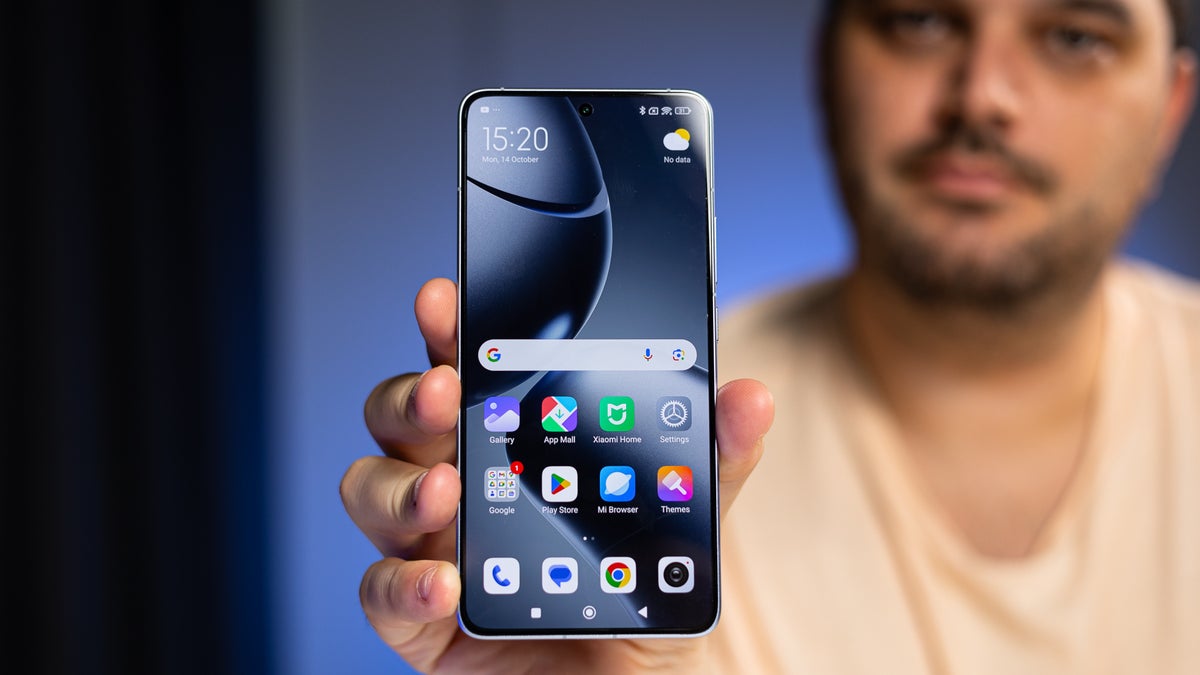
Xiaomi 14T Pro Intro
Remember the Xiaomi 14 Ultra? The ultra-premium Chinese flagship was more than deserving of its name, with a price tag at launch of 1,499 euros. The regular Xiaomi 14 didn't improve the price situation when it launched globally at 1,099 euros, so these wonderful flagship phones were somewhat limited by their price.
Enter the Xiaomi 14T Pro. It's hard to describe the T-series, but you can think of it as something similar to the OnePlus R or the Galaxy FE. It's a trimmed down, affordable flagship. In the case of the Xiaomi 14T Pro, the trimming down hasn't been too radical, and consequently, the phone starts at 799 euros.
So, let's see if the Xiaomi 14T Pro can take on the competition and win some ground in the everlasting battle for tech popularity. By the way, the next big Xiaomi flagship series, the Xiaomi 15, is launching today on October 29 in China, so this T-series devices are about to be replaced pretty soon, so bear this in mind.
UPDATE: The Xiaomi 15 series already launched in China, packing a whole slew of neat features, including the latest Snapdragon 8 Elite chipset. We've compiled a quick Xiaomi 15 Pro preview, so you can check that one out, before jumping the gun and going for the Xiaomi 14T Pro. What's the final verdict? You'll find it at the end of the article.
Table of Contents:
Xiaomi 14T Pro Specs
A new dimension (Dimensity)
Let's start with an overview of the Xiaomi 14T Pro specs:
| Specs | Xiaomi 14T Pro |
|---|---|
| Size and Weight | 160.4 x 75.1 x 8.4 mm 209 g |
| Display | 6.67 inches, 1220 x 2712 pixels, 20:9 ratio, 144Hz |
| Processor | Mediatek Dimensity 9300+ (4 nm) |
| Software | HyperOS (Android 14) |
| Cameras | 50 MP, f/1.6, 23mm (wide), 1/1.31", 1.2µm, PDAF, OIS 50 MP, f/2.0, 60mm (telephoto), 1/2.88", 0.61µm, PDAF, 2.6x optical zoom 12 MP, f/2.2, 15mm (ultrawide), 1/3.06", 1.12µm 32 MP, f/2.0, 25mm (selfie) |
| Battery Size | 5,000 mAh |
| Charging Speeds | 120W wired charge 50W wireless charging |
| Prices | 12/256GB for €799 |
Xiaomi 14T Pro Design and Display
Liquid Metal
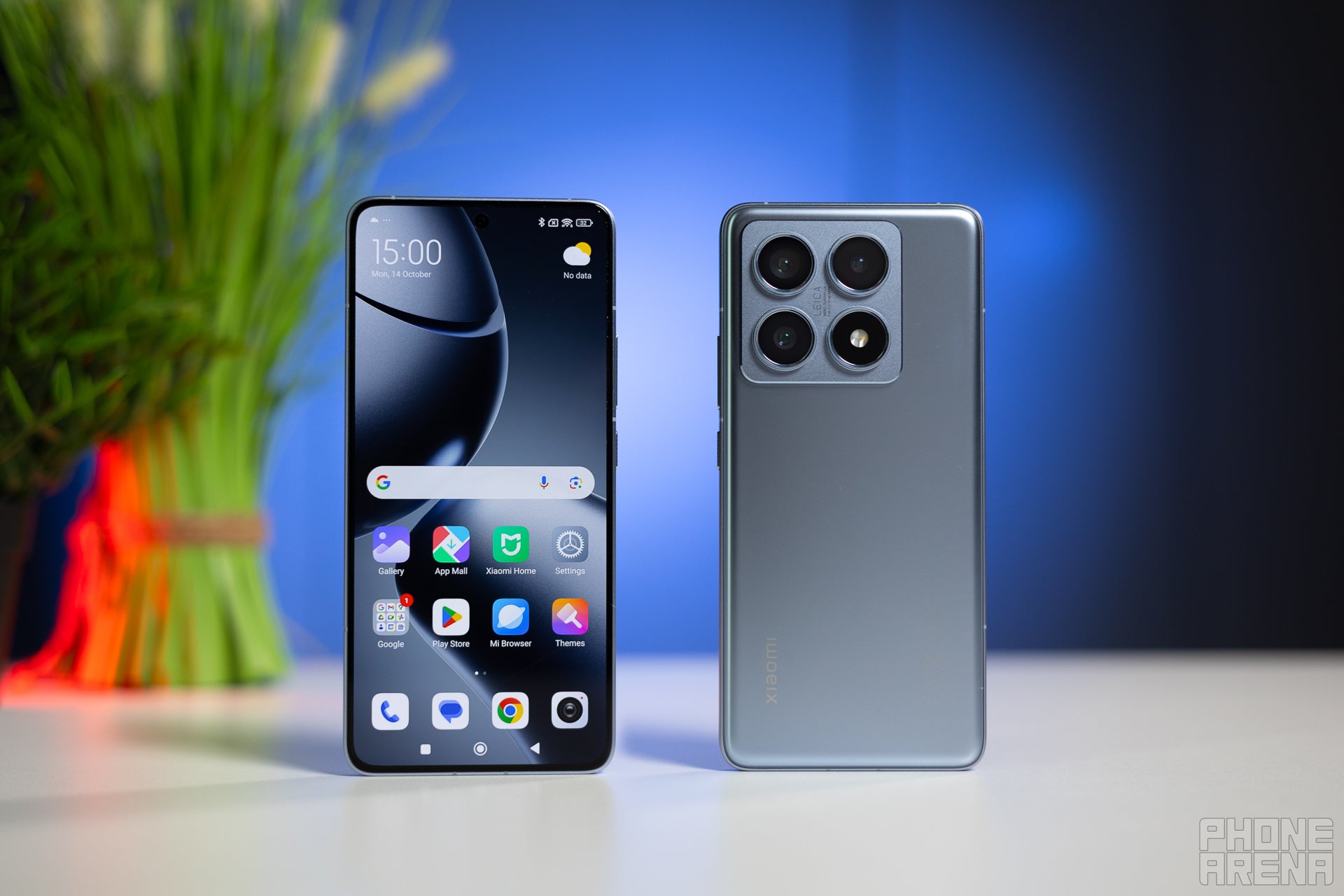
The Xiaomi 14T Pro looks like a phone made of metal | Image by PhoneArena
Smartphones look very similar nowadays, and it's hard for manufacturers to produce something really distinct. The Xiaomi 14T Pro doesn't stray off too much from the overall 14-series design philosophy but adds some really cool elements.
Xiaomi has gone for an aluminum alloy frame and frosted glass back with a metallic look. The end result is a phone that looks made of liquid metal. Very cool. This applies to both the Titan Gray and Titan Blue color variants, while the Titan Black is more traditional and loses the metal reminiscence.
As far as design elements go, the camera bump on the back is square and positioned in the top left corner, housing four symmetrical camera rings. The sides of the phone are relatively flat, and the back glass is slightly curved, resulting in a nice and comfortable feeling when holding the device in your hand.
Xiaomi has gone for an aluminum alloy frame and frosted glass back with a metallic look. The end result is a phone that looks made of liquid metal. Very cool. This applies to both the Titan Gray and Titan Blue color variants, while the Titan Black is more traditional and loses the metal reminiscence.
As far as design elements go, the camera bump on the back is square and positioned in the top left corner, housing four symmetrical camera rings. The sides of the phone are relatively flat, and the back glass is slightly curved, resulting in a nice and comfortable feeling when holding the device in your hand.
Another notable design element is the textured power button, which looks and feels quite premium. Nothing else stands out too much; the overall design of the Xiaomi 14T Pro is very pleasant, and the device is relatively compact and lightweight.
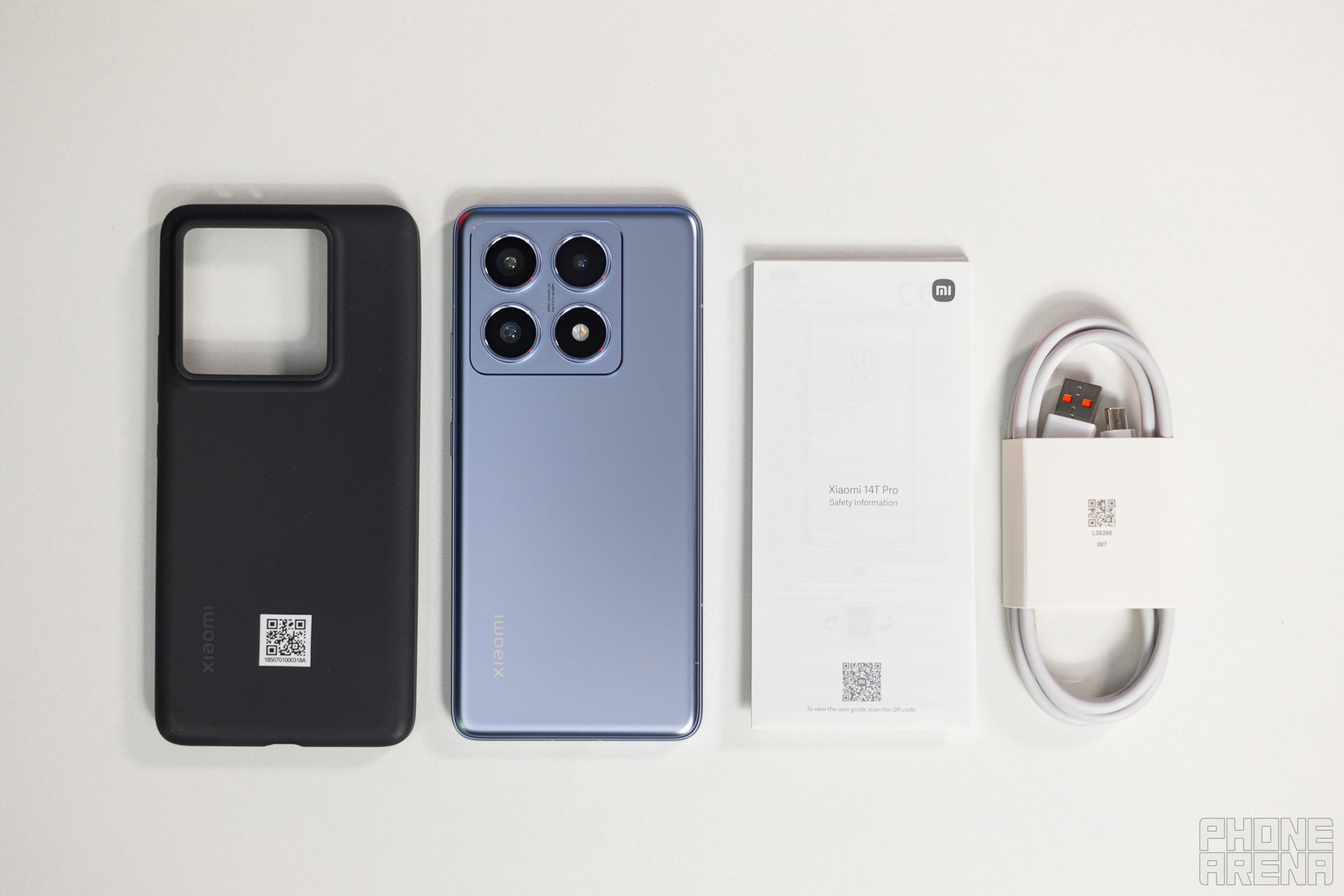
No charger in the box but we have a silicone back and a cable | Image by PhoneArena
Bad news, guys. Xiaomi has joined the "no charger in the box" club. We used to praise the brand for its lavish retail boxes, but no more. That said, there's a silicon back cover included and a pre-applied screen protector, which is more than you normally get with other, more popular flagship brands.
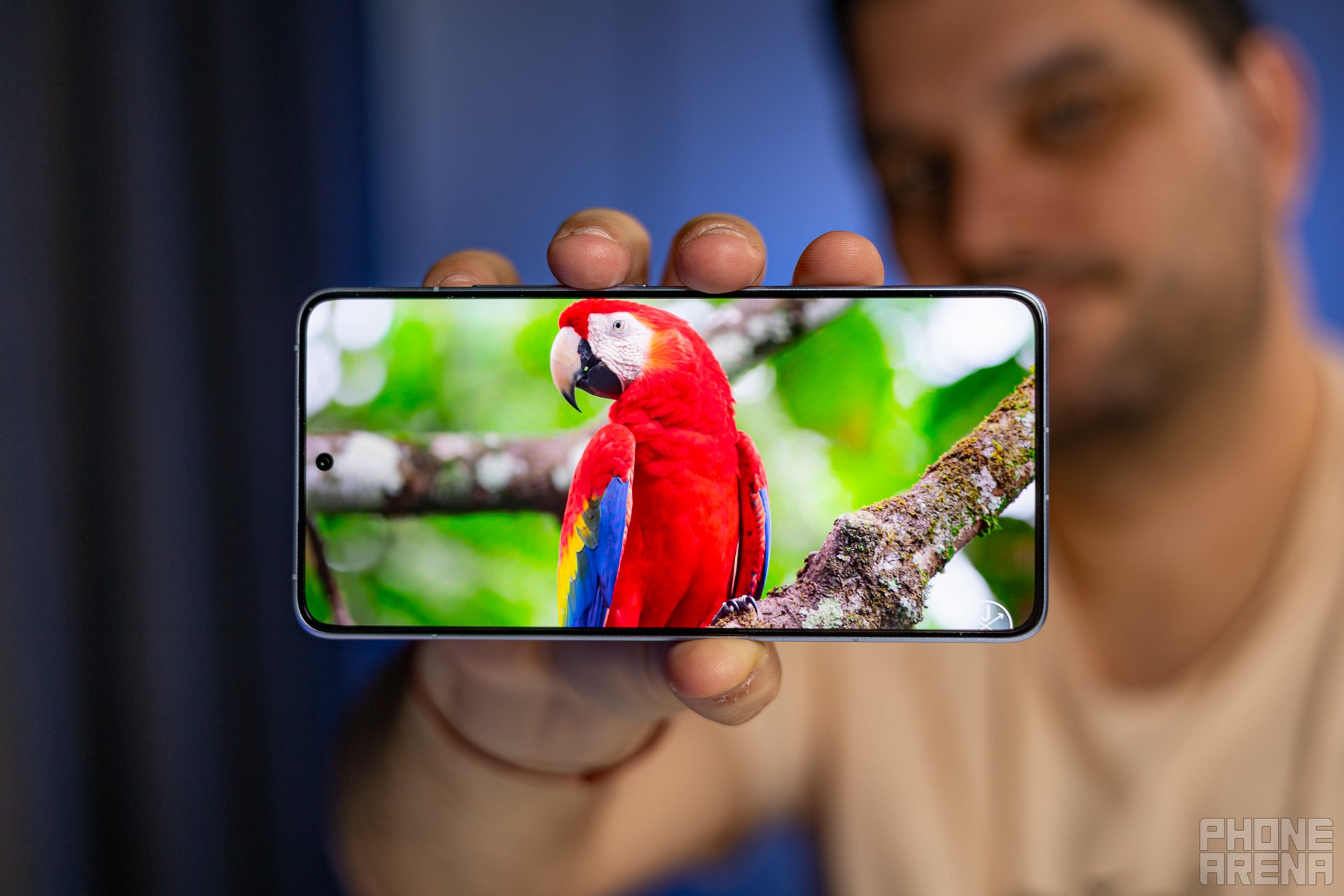
The display of the Xiaomi 14T Pro deserves attention, as it boasts some impressive specs. It's a 6.67-inch AMOLED panel with a 2712 x 1220 resolution (446 PPI), 12bit color reproduction, Dolby Vision, HDR10+, 3840Hz pulse width modulation dimming, and a dynamic refresh rate that can go up to 144Hz.
Xiaomi also advertises the maximum brightness to be up to 4,000 nits and the overall screen-to-body ratio to be 93.3%. But these are all specs, and to test all the claims, we've put the Xiaomi 14T Pro through our rigorous display benchmarks in our lab.
Xiaomi also advertises the maximum brightness to be up to 4,000 nits and the overall screen-to-body ratio to be 93.3%. But these are all specs, and to test all the claims, we've put the Xiaomi 14T Pro through our rigorous display benchmarks in our lab.
Initially, we planned to pit the Xiaomi 14T Pro against the likes of the Galaxy S24 FE, OnePlus 12R, and probably a Pixel, but the phone is actually priced at the level of vanilla flagships such as the regular S24 and the iPhone 16. Furthermore, the test results also show that the Xiaomi 14T Pro is more than capable of taking those on, so we're pitting it against the big boys.
Looking at the test results, it's plain to see that Xiaomi has opted for a very nice AMOLED panel with great color accuracy, temperature, and a respectable maximum brightness of around 1,000 nits. When we add the 144Hz refresh rate, the phone is at least on par with its competitors, with the Galaxy being able to go a bit brighter.
There's an in-display fingerprint scanner onboard, and it works pretty fast and accurately. You can also enroll your face to use facial recognition, but it uses only a photo, so it's not as secure.
There's an in-display fingerprint scanner onboard, and it works pretty fast and accurately. You can also enroll your face to use facial recognition, but it uses only a photo, so it's not as secure.
Xiaomi 14T Pro Camera
Leica-infused
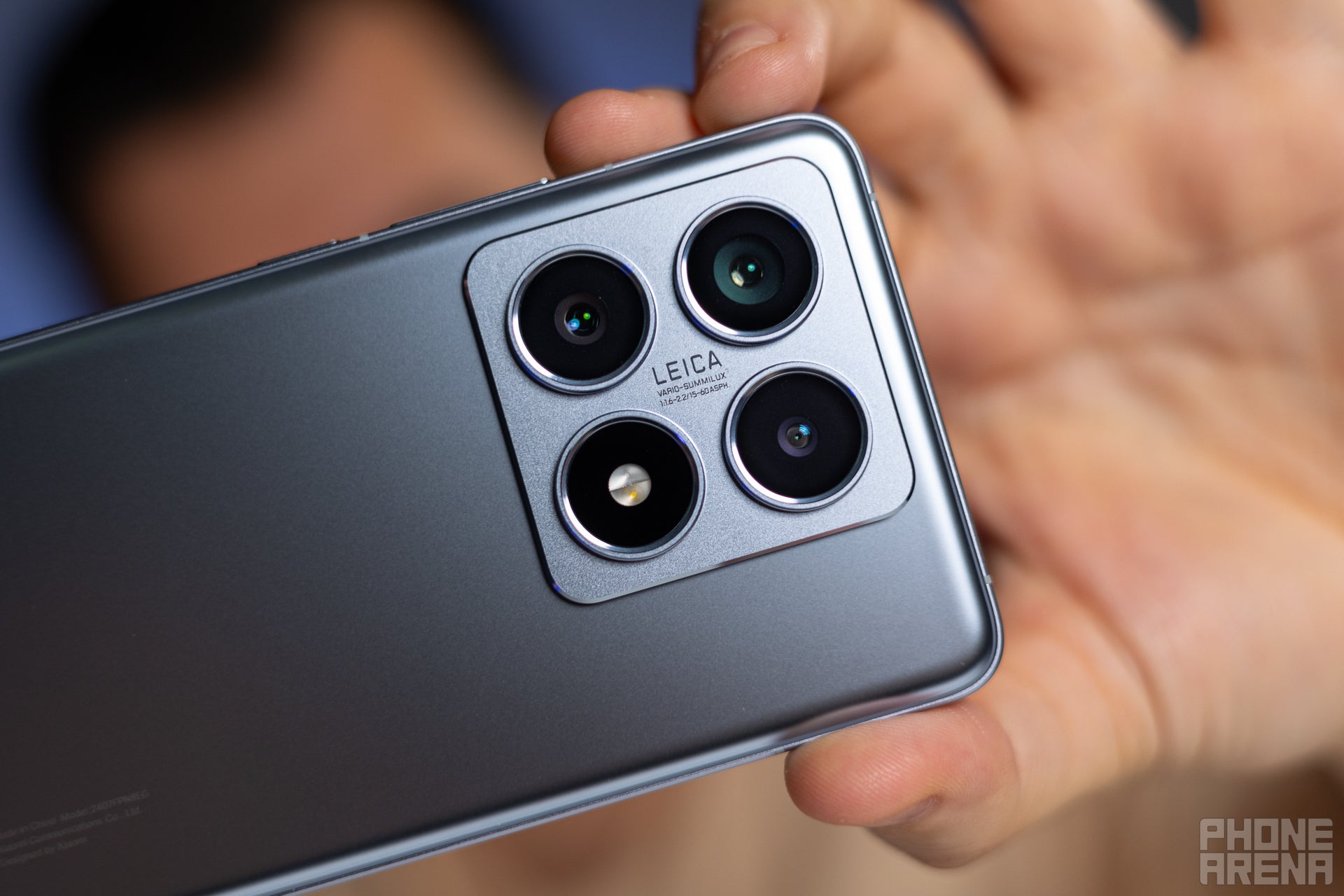
A decent triple camera system, but no periscope zoom | Image by PhoneArena
The Xiaomi 14T Pro borrows its main camera directly from the regular Xiaomi 14 flagship, which is a good thing. It's a 50MP LightFusion 900 sensor (a rebranded OmniVision OV50H) under an f/1.6 aperture lens. The sensor is 1/1.3" large with 1.2 µm pixel size, or 2.4 µm equivalent when pixel binned.
The telephoto camera is again 50MP with a focal length equivalent of 60mm; there is no periscope system here, and the resulting zoom is 2.6x when compared to the main camera. Finally, the ultrawide is the same as the one in the Xiaomi 13T Pro, which is a bit of a disappointment—a 12MP, f/2.2 camera with no autofocus and a 15mm focal length equivalent.
Time for some samples.
Time for some samples.
Main Camera
Unsurprisingly, daylight samples from the main camera look great, just as the ones taken with the regular Xiaomi 14. The level of detail is good, and the dynamic range is pretty wide (check out the fountain shot, a pretty complex dark-and-light composition).
The white balance is also pretty close to neutral; the colors are slightly more saturated, but it's a crime most smartphones are guilty of committing.
The white balance is also pretty close to neutral; the colors are slightly more saturated, but it's a crime most smartphones are guilty of committing.
Come darkness, and things start to look less consistent. In low-light conditions, the phone will decide whether to activate the night mode and stack some images together to bring up more details or leave the scene dark.
Overall, even in difficult lighting conditions with a lot of artificial light sources, the Xiaomi 14T Pro manages to produce decent images.
Overall, even in difficult lighting conditions with a lot of artificial light sources, the Xiaomi 14T Pro manages to produce decent images.
Ultrawide Camera
The ultrawide camera is nothing to write home about, it gets the job done, but doesn't shine in any particular area. The images are pleasing in good lighting conditions, the lack of autofocus can sometimes make the resulting photos a bit flat and not that sharp. Colors generally look good and the white balance is decent, pretty coherent with what the main camera outputs, so there's that too.
Zoom Quality
The phone comes with a dedicated zoom camera, but you can also use 2x crops from the main sensor, as well as 5x digital zoom. The first image above is the main camera crop, and it looks decent with minimal loss of detail, probably a bit soft. The 2.6x camera really stands out, the quality is very good, the level of detail and the dynamic range are both great. The magnification level won't get you a Pulitzer in nature photography but it's great for framing portraits, especially with the added Leica modes, and AI Portrait magic. 5x samples (the third image) are also pretty good but you can see the loss of detail and sharpness, especially compared to the 2.6x mode.
Selfies
The 32MP selfie camera lacks autofocus and you can't do much about it in terms of settings, there's only beautify mode, which makes images even more unnatural. If you leave things as they are you can get a decent shot but nothing outstanding. The 32MP images are not pixel binned and you get the full resolution but funnily enough this doesn't result in amazing details or sharpness.
Video Quality

The main camera of the Xiaomi 14T Pro can record videos in 8K at 30 frames per second, which is still overkill. The good news is that 4K videos look really nice with a wide dynamic range, good color reproduction and sharp detail.
You can switch between the cameras during recording, pause the video, and also apply Leica filters if you feel in a Kubrick mood. There's a perceivable difference between the cameras, so for best results we advice to choose a camera and stick with it. The image stabilization works best in 1080p mode, as there's more image to be cropped.
Xiaomi 14T Pro Performance & Benchmarks
MediaTek joins the fight

The Xiaomi 14T Pro offers snappy performance and great efficiency | Image by PhoneArena
We have a new player on the silicon scene, or at least new to the general public. MediaTek has been working hard during the past couple of years to give Qualcomm a run for its money, and we can safely say that with the Dimensity 9300+, the company has succeeded in doing so.
Performance Benchmarks:
This chipset is absolutely on par with the Snapdragon 8 Gen 3 and even outperforms last year's Apple A17 Pro in GPU performance. What's even more impressive is that under load the chip performs quite well, with no major drop in performance. The phone comes with 12/256GB as a base memory configuration, and you can go all the way up to 1 TB of storage.
Needless to say, the Xiaomi 14T Pro works smoothly and effortlessly in day-to-day use, and there are several UI tweaks to make it feel even faster (such as animation speed).
Xiaomi 14T Pro Software
Speaking of UI, the phone uses Android 14 as a base with Xiaomi's proprietary HyperOS UI on top. There's a lot of customization at hand; you can make this look stock Android or opt for a more iOS-like experience.
In the age of AI, we just can't ignore the software tricks that this phone offers. Xiaomi has decided to partner with Google and hop on the Gemini train rather than developing its own AI from scratch. You have Circle to Search, Gemini, AI Image Editing, AI Notes, and AI Recorder with real-time translation, speaker identification, summary generation, and more.
The Xiaomi 14T Pro comes with four years of major OS updates and five years of security patches, which is not as robust as the seven years that Google and Samsung are offering but still quite decent.
Xiaomi 14T Pro Battery
Efficient to the core
The Xiaomi 14T Pro comes with a 5,000mAh battery onboard, which in 2024 passes as a decent capacity. Direct competitors such as the Galaxy S24 and the iPhone 16 come with less, while other models manage to cram in more. What matters at the end of the day is battery life.
Looking at our battery test results, it's plain to see that the new Dimensity 9300+ is pretty efficient, and some of that efficiency can probably be attributed to the LTPO screen of the Xiaomi 14T Pro. 20+ hours of constant web browsing places the phone near the top of our benchmark sheet, and the video streaming and 3D gaming results are equally impressive.
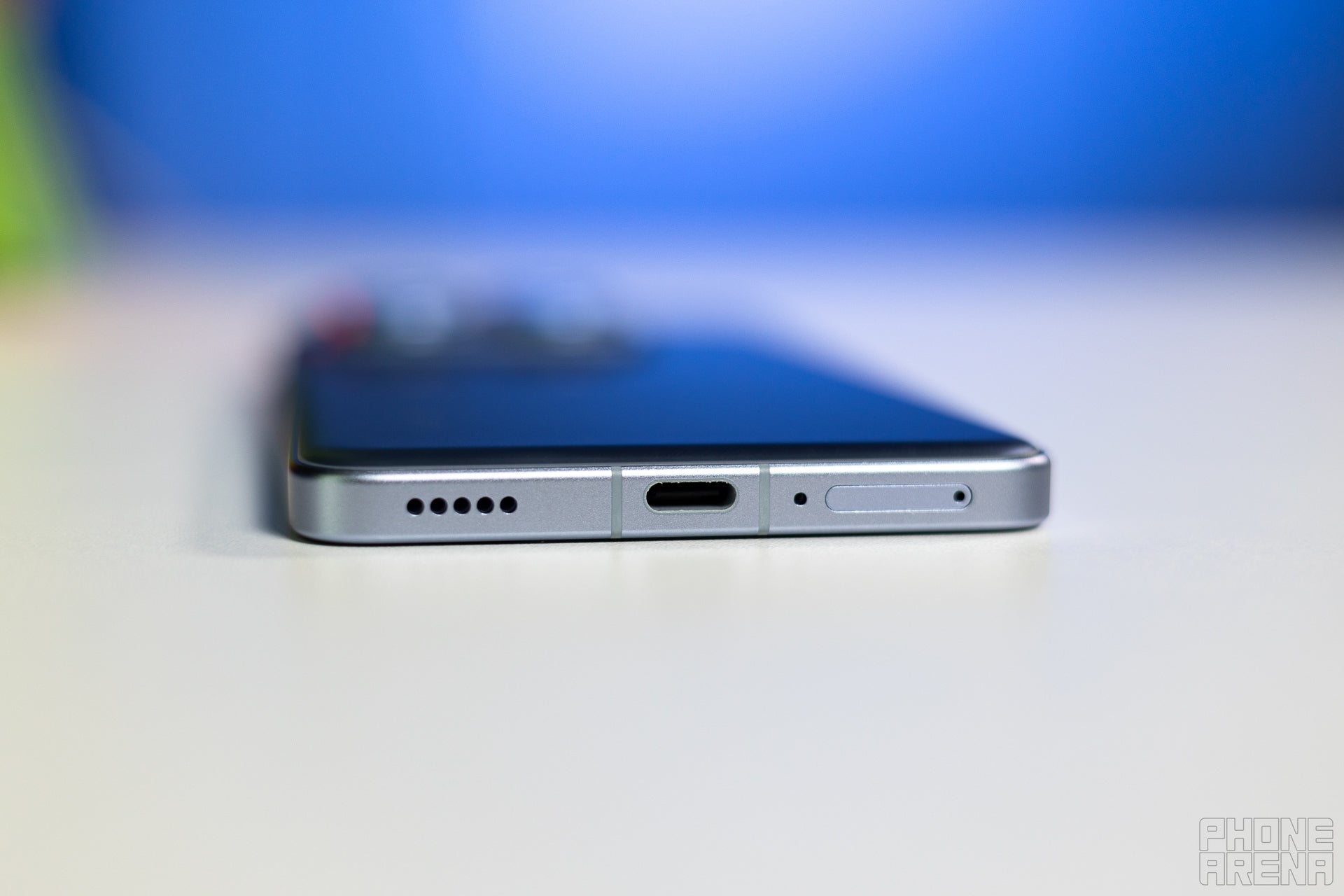
If you have Xiaomi's 120W charger you can fill the battery up in 20 or so minutes | Image by PhoneArena"
When it comes to charging, the Xiaomi 14T Pro is a beast! The phone can charge from 0 to 100% in just 23 minutes (very close to the advertised 19 minutes), but there's a caveat here. You need to buy the 120W fast charger from Xiaomi to be able to get up to those charging speeds.
The same goes for the wireless charging support; the phone can charge with up to 50W wirelessly, and if you have the proprietary tech, you can fill up the battery wirelessly in about an hour.
Xiaomi 14T Pro Audio Quality and Haptics
The phone comes with high-res wireless audio support and Dolby Atmos, and in general, the quality of the loudspeakers is good. It's not on the level of the Magic 6 Pro (which rivals some Bluetooth speakers), but the Xiaomi 14T Pro is loud enough, and there is no harmonic distortion even at max volume. The sound is a little bit compressed, but you only notice it in head-to-head comparisons.
The haptics are very tight and precise but a bit too weak. You can adjust the strength via a slider, but even at max settings, the vibration is not particularly strong. Needless to say, there's no 3.5mm headphone jack.
Should you buy it?
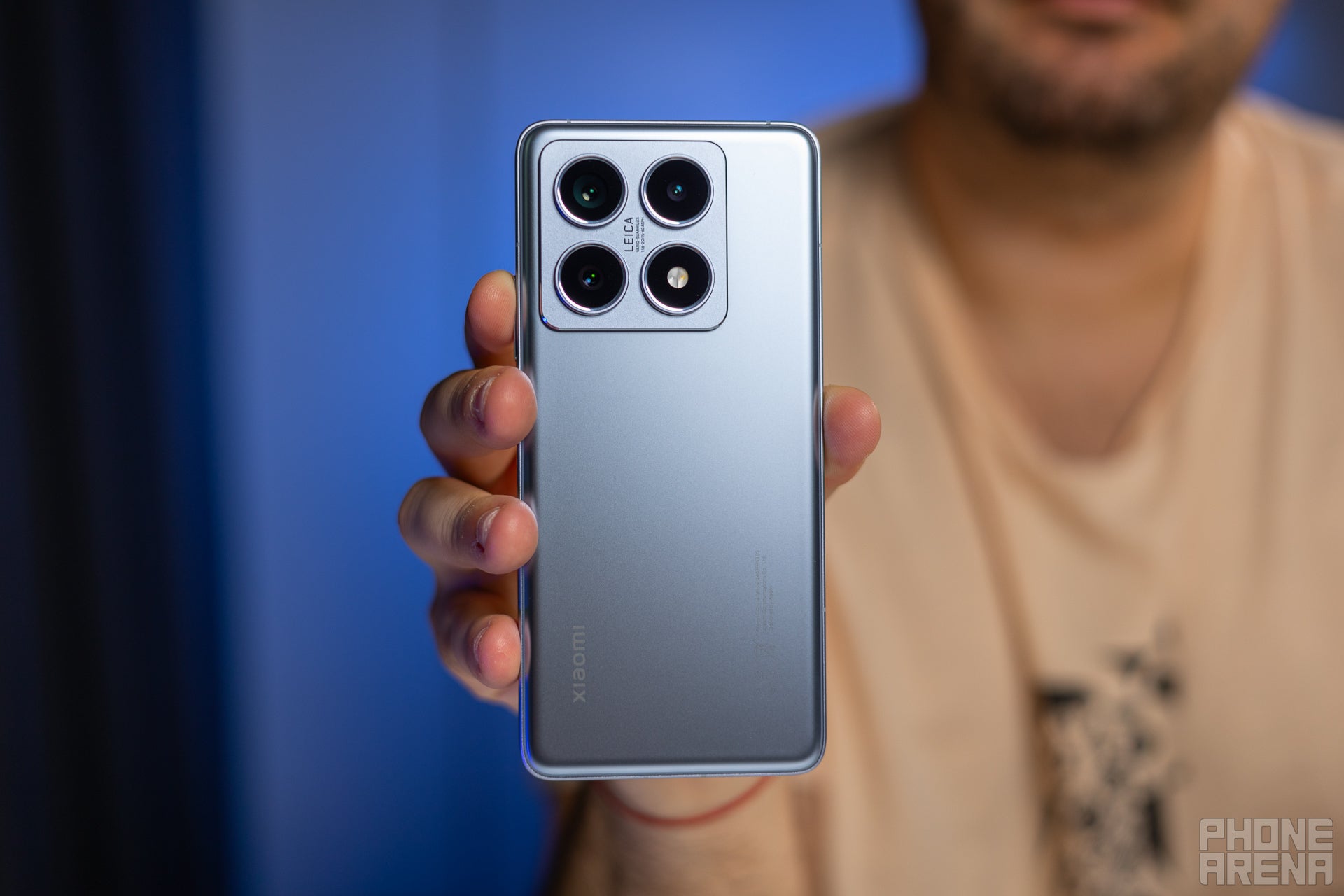
The Xiaomi 14T Pro is a great iPhone/Galaxy alternative | Image by PhoneArena
So, there you have it! The Xiaomi 14T Pro is an excellent alternative to the popular flagship phones out there. In fact, its final score places it above the Galaxy S24 and the iPhone 16 on our phone rating list, which says a lot.
Should you consider investing your hard-earned money in a Xiaomi phone? Absolutely—if you can find one, as availability can be an issue, especially in the US.
The phone impressed us with its new and powerful Dimensity 9300+ chipset, great battery life, and super-fast charging.
The display is bright, accurate, and fast (it can go up to 144 Hz—take notes, Apple!), and the design is quite sleek as well. It's one of the best Android phones of 2024, and at 799 euros, we can almost call it affordable.
Should you consider investing your hard-earned money in a Xiaomi phone? Absolutely—if you can find one, as availability can be an issue, especially in the US.
The phone impressed us with its new and powerful Dimensity 9300+ chipset, great battery life, and super-fast charging.
The display is bright, accurate, and fast (it can go up to 144 Hz—take notes, Apple!), and the design is quite sleek as well. It's one of the best Android phones of 2024, and at 799 euros, we can almost call it affordable.
Follow us on Google News

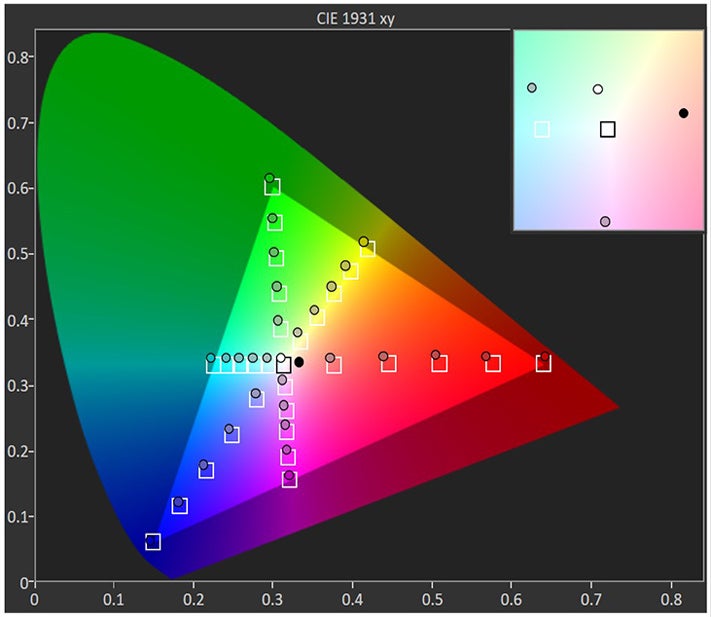

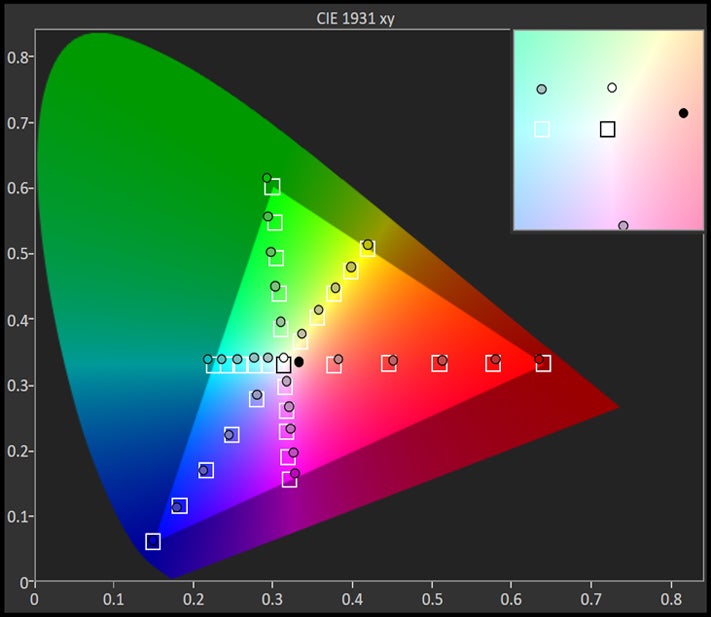





















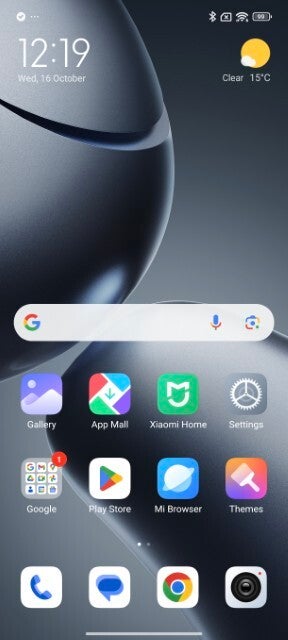
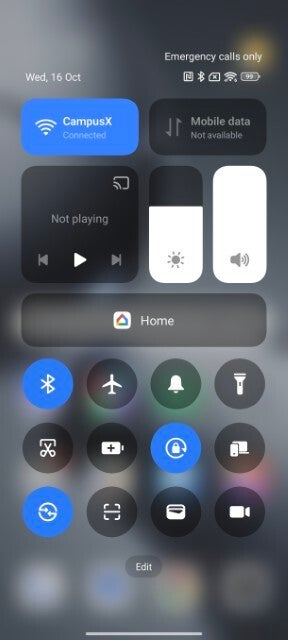
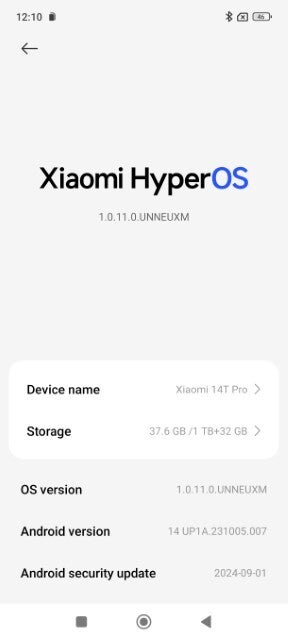
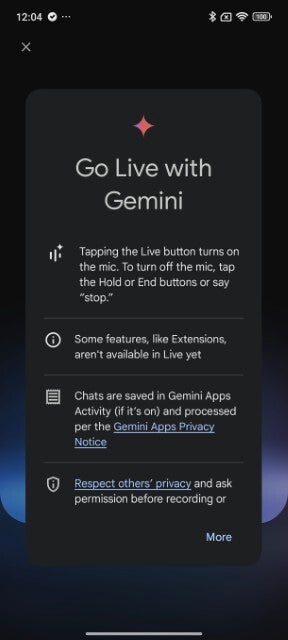
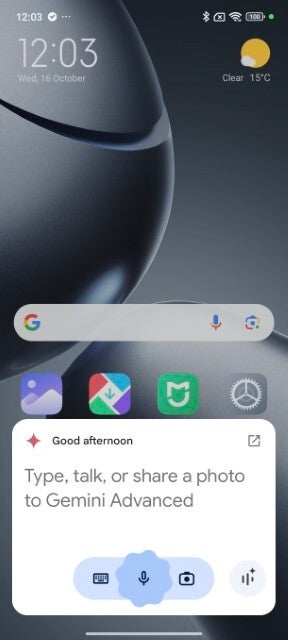

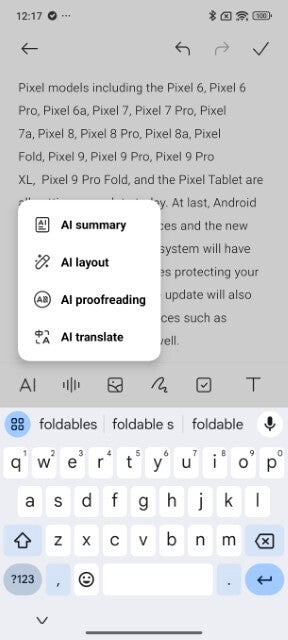
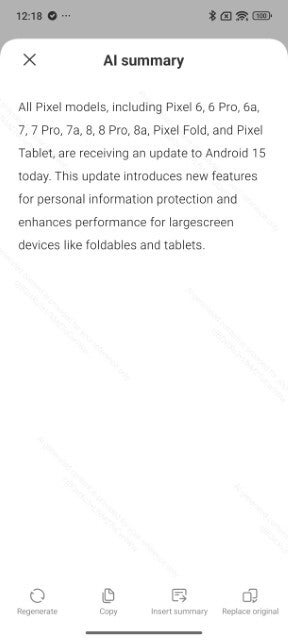

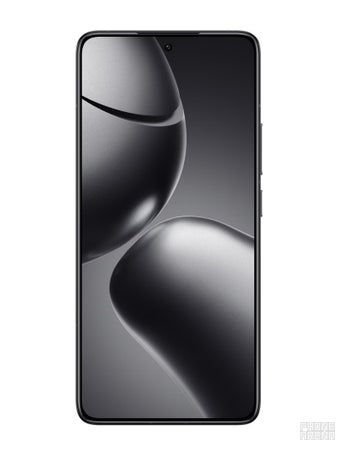




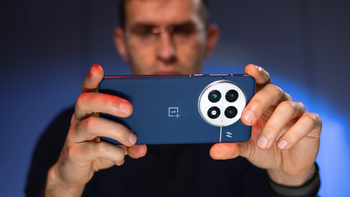

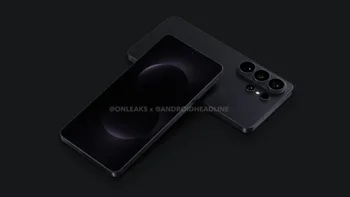






Things that are NOT allowed:
To help keep our community safe and free from spam, we apply temporary limits to newly created accounts: